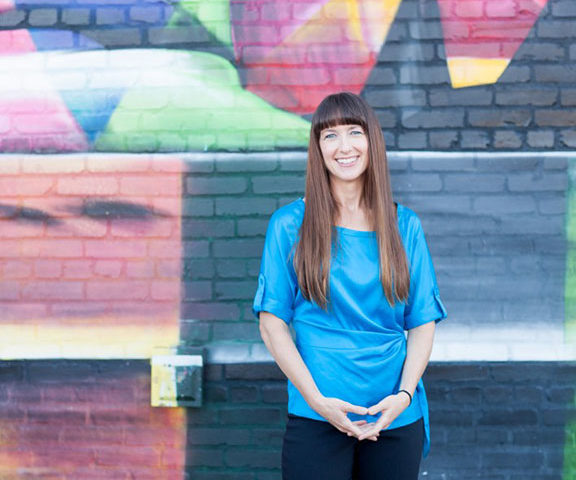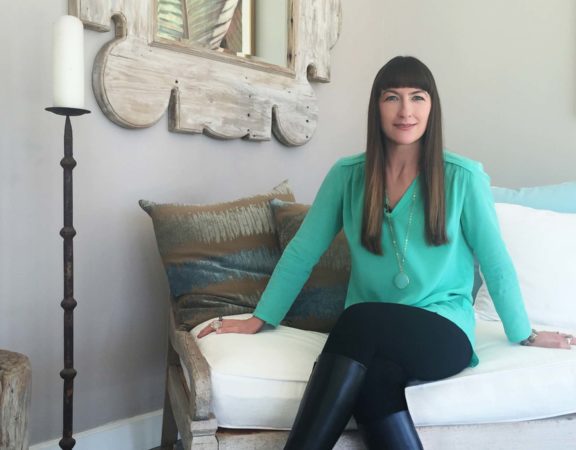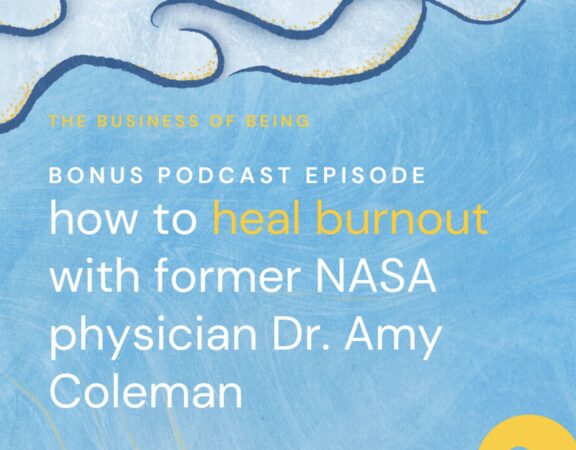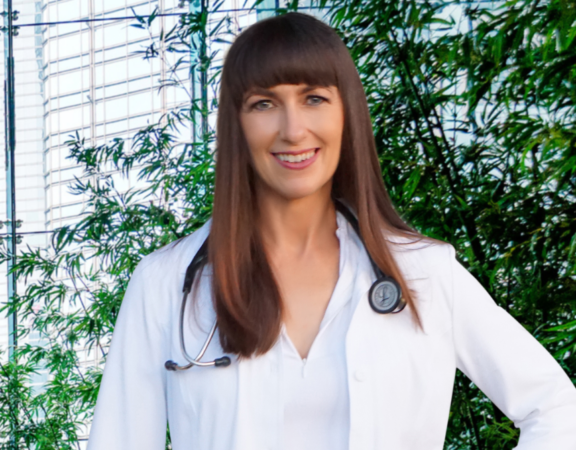We are excited to welcome Dr. Amy Coleman to the uBiome Doctor’s Cornerblog, where we are passionate about learning more about the microbiome and how it can improve the health of our patients.
Enjoy this interview with Dr. Coleman to learn more about her and her work, and perhaps get some inspiration for yours!
How did you get interested in the microbiome field?
As a sick child that received so so many antibiotics, I ended up “catching everything,” especially respiratory viruses and infections. It seems that I could never stay well.
Then, at 14, I started staying away from antibiotics for the sniffles, cooking healthy for myself, working out, and sensing that my body needed to come into balance – although at that time, we had no understanding of the gut biome. Over time, I found that I built an interior resilience toward infection.
When I learned of the microbiome, it was a true passion for me because I know that feeling of the strength of my body in balance. It’s all about reaching within your own resources for the strength to be well. This empowers us beyond so many modalities that require a pill to be popped. We have had a powerful kind of “medicine” within us, all along.
What are you most excited about with the microbiome?
The revolutionary effects of the microbiome extend to every corner of medicine. However, distributing that knowledge in the form of education to patients and providers is what I am most excited about.
Thanks to what we know about gut flora, patients can now learn to tune into their bodies’ needs in a way never known before. The microbiome also invites a new way for patients and doctors to come together and have great conversations about (interior) gardening.
There is a real need now for a patient and doctor to relate to one another without threatening lab work, fearful medication side effects, or scary procedures. The microbiome ushers in a whole new age of holistic medicine which is personalized, precise, and based on cutting edge genetic science.
What do you do in your daily life to improve the health of your and your patients microbiomes?
For myself, I enjoy foods that nurture my gut. I have perfected, over years, a prebiotic/probiotic morning protein powerhouse shake that includes various important fiber sources like psyllium, flaxseed meal, and tigernuts, plus my favorite anti-inflammation fruits like acai, dragonfruit, and berries. It’s very purple, and very delicious!
Where do you hope microbiome work will be in 10 years?
I hope it will be seen as one of our body’s greatest natural resources, and I hope that people as well as all medical establishments will be given the tools and education to nurture, fortify, and protect it.
What is your biggest concern with microbiome testing?
Currently, we are entering the dawn of a whole new realm of thinking about what the microbiome is, and how it works. I believe that there will be attempts to oversimplify the whole ecosystem of it, and claim an understanding of how it all works, which could be misleading and inaccurate. In all honesty, just like the discovery of the genetic code, it will be many decades until we begin to understand the quantum nature of this realm within us, and to truly be able to apply its full potential towards best benefits for all.
What do you think are the three top ways to improve the health of one’s microbiome?
Only take antibiotics when absolutely needed, keep sugar consumption to a minimum (which includes alcohol), and realize that you are are not just eating for yourself, but for trillions of microbes (that’s a BIG picnic!).
What is your favorite microbiome friendly food?
Onions and garlic, which I love to put in my homemade tomato sauce and vegetable with shrimp stir-frys.
What is your favorite microbe?
Like a mother with many children would say, “I love them all!” However, I am very happy about Akkermansia‘s abilities to decrease inflammation and help with weight control. And, the name is quite fantastic, too.






